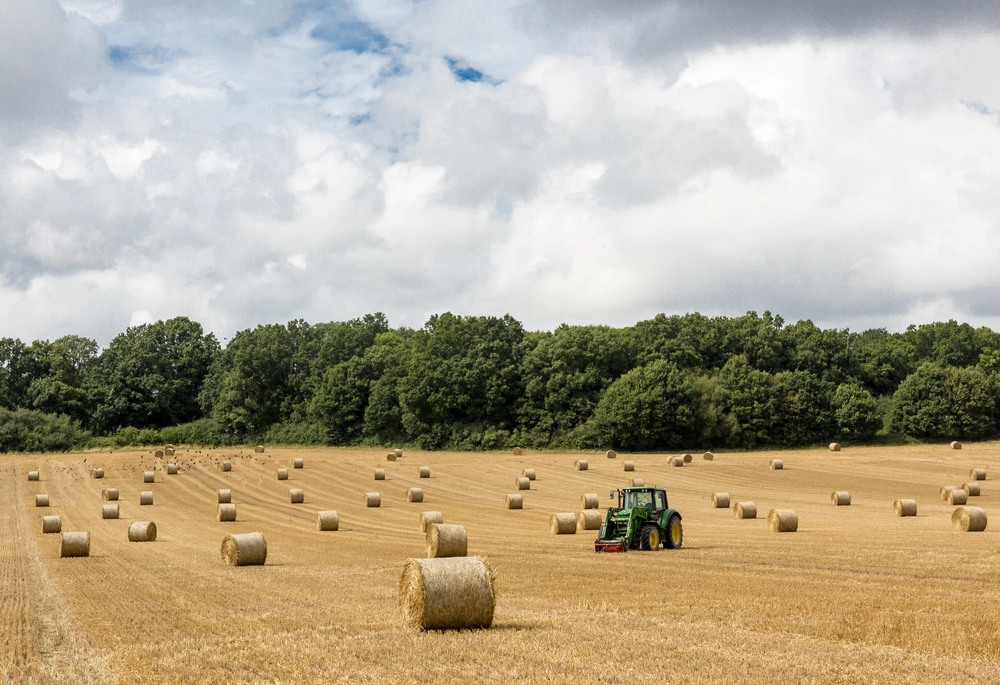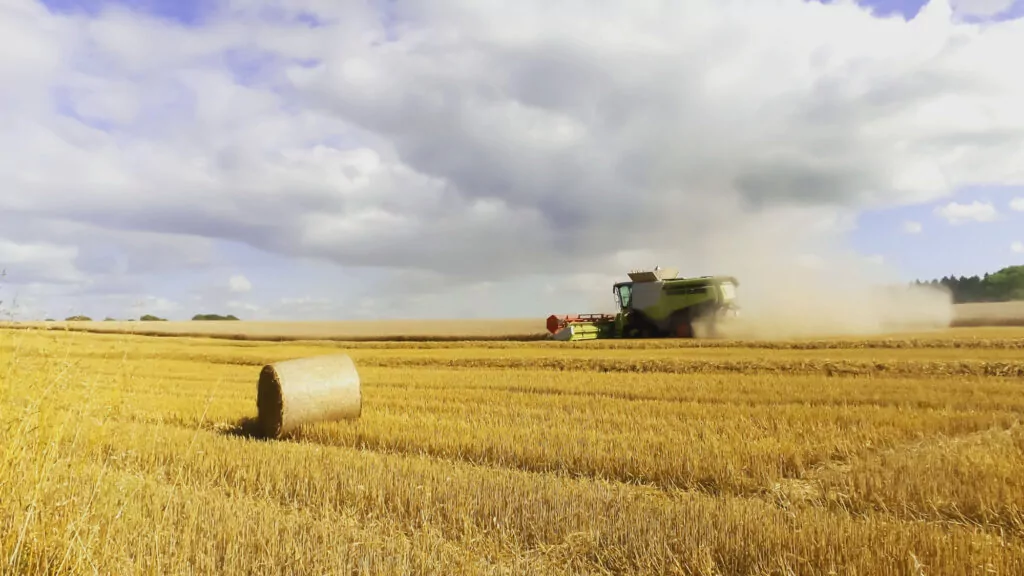
A summary of the new Fair Dealing Obligations (Milk) Regulations 2024

By Danielle Spalding, Jane Last, Rose Westwood
10 May 2024 | 1 minute read
On 16 April 2024, the Fair Dealing Obligations (Milk) Regulations 2024 (SI 2024/537) were made by the government (the Regulations). The Regulations apply to the whole of the UK and will come into force in July 2024 in relation to any new milk purchase contracts. There will be a period of transition for existing contracts which will end in July 2025.
The Regulations apply to all contracts covering the sale of cows' milk to milk buyers (they do not extend to non-cows' milk products such as goats' milk).
What changes do the Regulations make?
The Regulations set out a range of requirements which include:
Milk purchase contracts will need to contain a range of standard terms (i.e. must be in writing and signed by the parties, must contain a term requiring business purchasers to act in good faith in relation to the contract, specify frequency of collection, force majeure events, any changes agreed by both parties in writing (with some exceptions for certain structures such as co-ops).
Milk purchase contracts will need to be either:
(1) fixed-duration (one which will terminate on the expiry of a specific period / specific date) or (2) evergreen (one which will continue until either party terminates it).
Allows for more flexibility on pricing mechanisms. Contracts may use a fixed or variable price, or a combination of the two.
Contracts will also need to specify various points including payment frequency, what constitutes exceptional market conditions and a procedure by which price can be reviewed where those conditions occur. Variable price contracts will be required to include a third-party verification procedure in terms of how pricing is determined.
Prohibits exclusive milk purchase contracts from including any terms which try to provide that the price paid under the contract changes if the amount of milk provided by a producer exceeds a certain volume.
Contracts will need to set out a procedure by which a producer may make a complaint to the business purchaser (and require that where a complaint is made, the business purchaser will need to investigate, and take all reasonable steps to resolve the complaint).
Contracts will need to include a 21-day cooling off period during which producers can terminate contracts without any penalty or liability.
Require that where a contract has a duration of more than 12 months:
(1) a business purchaser will need to give at least 12 months’ notice to terminate the contract (aside from where a producer consents or there has been a material breach), and (2) a purchaser must not be required to give more than 12 months’ notice to terminate and may in certain cases terminate the contract much more swiftly.
Milk purchase contracts will need to contain a range of standard terms (i.e. must be in writing and signed by the parties, must contain a term requiring business purchasers to act in good faith in relation to the contract, specify frequency of collection, force majeure events, any changes agreed by both parties in writing (with some exceptions for certain structures such as co-ops).
Milk purchase contracts will need to be either:
(1) fixed-duration (one which will terminate on the expiry of a specific period / specific date) or (2) evergreen (one which will continue until either party terminates it).
Allows for more flexibility on pricing mechanisms. Contracts may use a fixed or variable price, or a combination of the two.
Contracts will also need to specify various points including payment frequency, what constitutes exceptional market conditions and a procedure by which price can be reviewed where those conditions occur. Variable price contracts will be required to include a third-party verification procedure in terms of how pricing is determined.
Prohibits exclusive milk purchase contracts from including any terms which try to provide that the price paid under the contract changes if the amount of milk provided by a producer exceeds a certain volume.
Contracts will need to set out a procedure by which a producer may make a complaint to the business purchaser (and require that where a complaint is made, the business purchaser will need to investigate, and take all reasonable steps to resolve the complaint).
Contracts will need to include a 21-day cooling off period during which producers can terminate contracts without any penalty or liability.
Require that where a contract has a duration of more than 12 months:
(1) a business purchaser will need to give at least 12 months’ notice to terminate the contract (aside from where a producer consents or there has been a material breach), and (2) a purchaser must not be required to give more than 12 months’ notice to terminate and may in certain cases terminate the contract much more swiftly.
How will the Regulations be enforced?
The Secretary of State is granted extensive powers to enforce the Regulations. Producers have the right to refer a complaint regarding a contract to the Secretary of State who will be able to impose a financial penalty and/or require the processor to pay compensation to the producer. It has been indicated that the Secretary of State will establish an Agricultural Supply Chain Adjudicator who will enforce the regulations on behalf of the Secretary of State.
When the Regulations were first laid in Parliament the NFU commented that, “For a long time, unfair milk contracts have held back many UK dairy businesses, and these changes will help give dairy farmers much needed business security and confidence,” The Regulations are good news for dairy producers and should lead to fairer business dealings between farmers and milk processors and will hopefully pave the way for similar helpful regulations in other areas.
How can Foot Anstey help?
If you are interested in learning more about this topic or other matters concerning farming or rural land, please contact our team of experts, listen to our podcast, Experts in the Field or visit our Farms, Estates & Rural Land web page.












